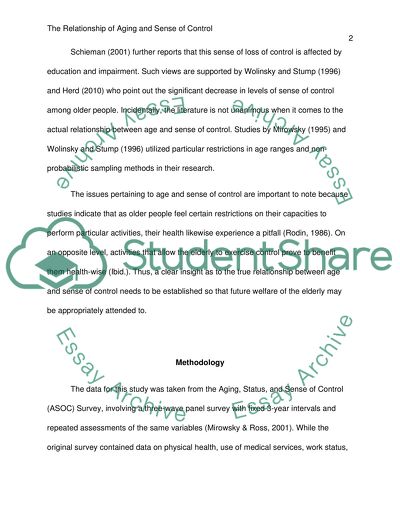Cite this document
(“Relationship of Aging and Sense of Control Research Paper”, n.d.)
Relationship of Aging and Sense of Control Research Paper. Retrieved from https://studentshare.org/health-sciences-medicine/1438003-literature-review-and-statistics
Relationship of Aging and Sense of Control Research Paper. Retrieved from https://studentshare.org/health-sciences-medicine/1438003-literature-review-and-statistics
(Relationship of Aging and Sense of Control Research Paper)
Relationship of Aging and Sense of Control Research Paper. https://studentshare.org/health-sciences-medicine/1438003-literature-review-and-statistics.
Relationship of Aging and Sense of Control Research Paper. https://studentshare.org/health-sciences-medicine/1438003-literature-review-and-statistics.
“Relationship of Aging and Sense of Control Research Paper”, n.d. https://studentshare.org/health-sciences-medicine/1438003-literature-review-and-statistics.


